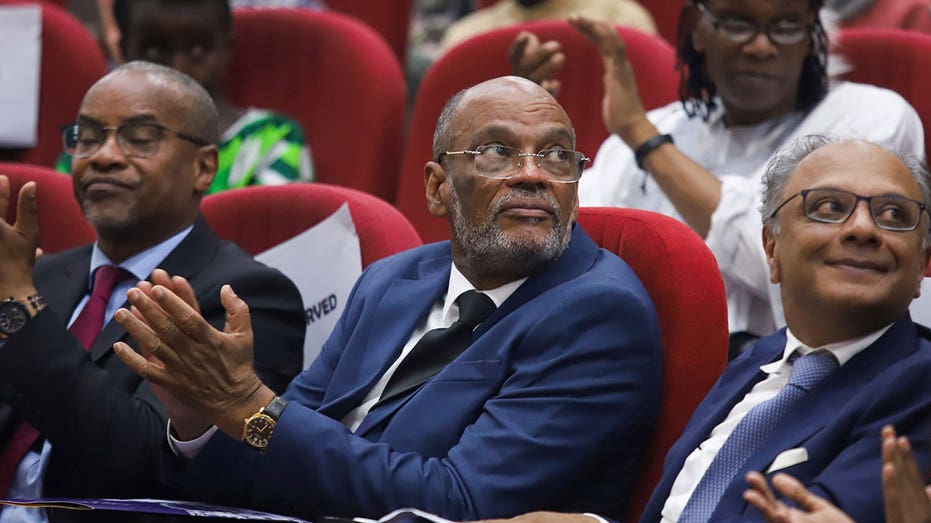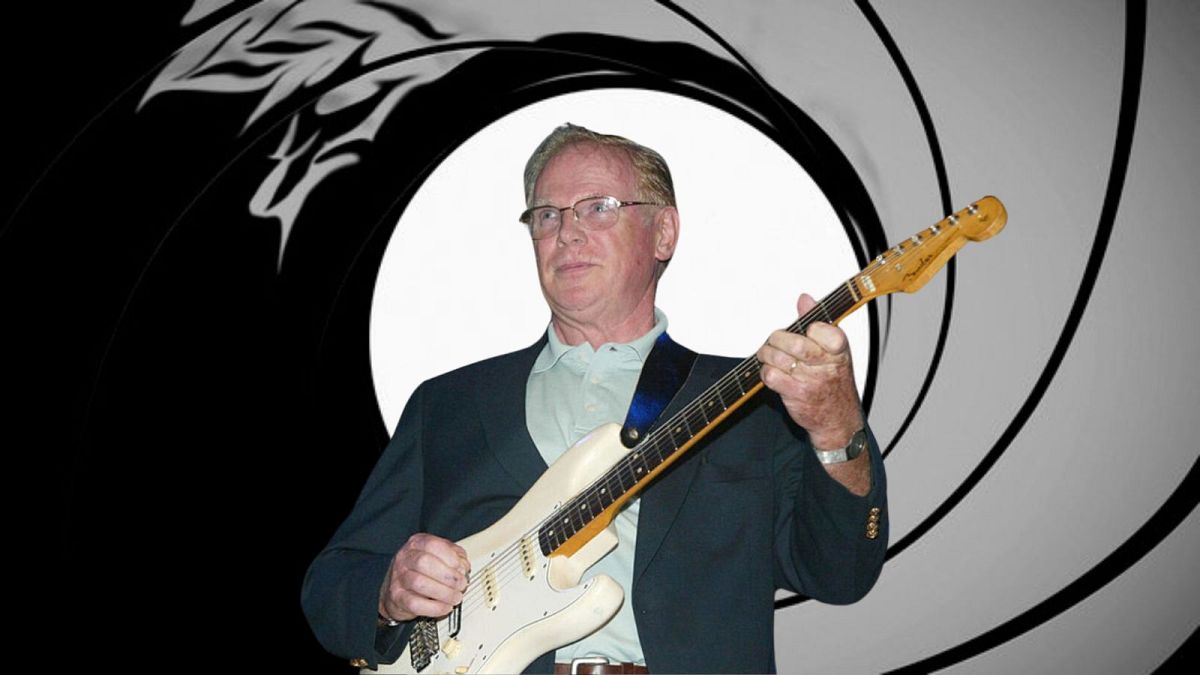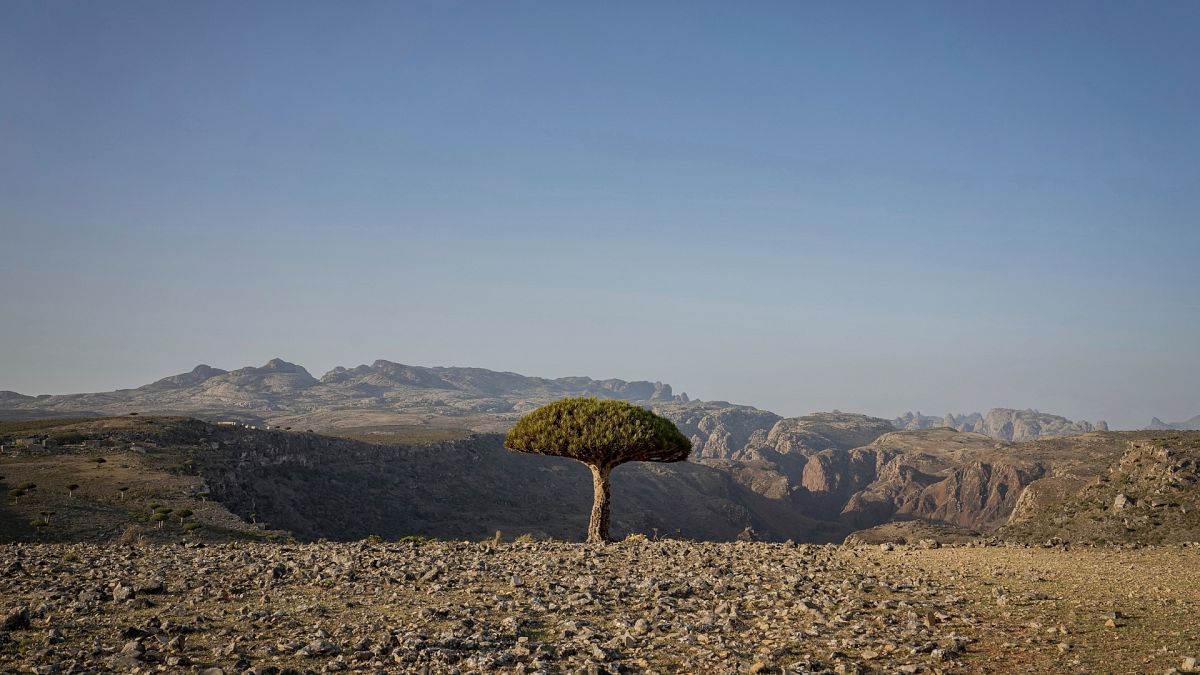Blinken to meet with Caribbean leaders as Haiti's violent crisis grows
U.S. Secretary of State Antony Blinken is set to meet with Caribbean leaders to address Haiti's escalating crisis. Pressure is mounting on Haiti's prime minister to resign.

U.S. Secretary of State Antony Blinken is scheduled to meet Monday with Caribbean leaders in Jamaica as part of an urgent push to solve Haiti’s spiraling crisis, while pressure grows on Prime Minister Ariel Henry to resign or agree to a transitional council.
Henry, locked out of his own country after surging violence at home, is expected to attend the closed-door meeting. It was organized by members of a regional trade bloc known as Caricom who for months have pressed for a transitional government in Haiti as protests demanded Henry’s resignation.
"The international community must work together with Haitians towards a peaceful political transition," U.S. Assistant Secretary for Western Hemisphere Affairs Brian Nichols wrote on X, formerly Twitter. Nichols will attend the meeting.
ESCALATING HAITI GANG VIOLENCE CHAOS COULD TRIGGER DEPLOYMENT OF MARINE SECURITY TEAM
But concerns remain that a long-awaited solution might not be found.
"Whilst we are making considerable progress, the stakeholders are not yet where they need to be," Caricom said in a statement Friday announcing the urgent meeting in Jamaica.
Attacks by powerful gangs on key government targets began Feb. 29 across Haiti's capital of Port-au-Prince. Gunmen have burned police stations, closed the main international airports and raided the country's two biggest prisons, releasing more than 4,000 inmates.
Scores of people have been killed, and more than 15,000 people are homeless after fleeing neighborhoods raided by gangs. Food and water are dwindling as stands and stores selling to impoverished Haitians run out of goods. The main port in Port-au-Prince remains closed, stranding dozens of containers with critical supplies.
HAITI ORDERS NIGHTLY CURFEW AFTER ARMED GANGS JAILBREAK THOUSANDS OF 'VIOLENT INMATES'
Henry remains locked out of his country, landing in Puerto Rico last week after being denied entry into the Dominican Republic, which shares the island of Hispaniola with Haiti.
When the attacks began, Henry was in Kenya pushing for the U.N.-backed deployment of a police force from the East African country that has been delayed by a court ruling.
A growing number of people are demanding the resignation of Henry, who has not issued any public comment since the attacks began.
What's Your Reaction?
















